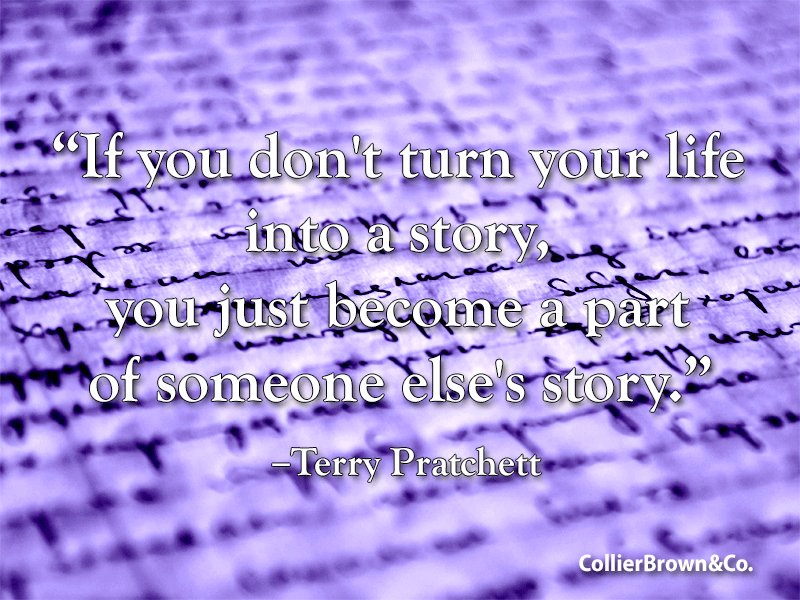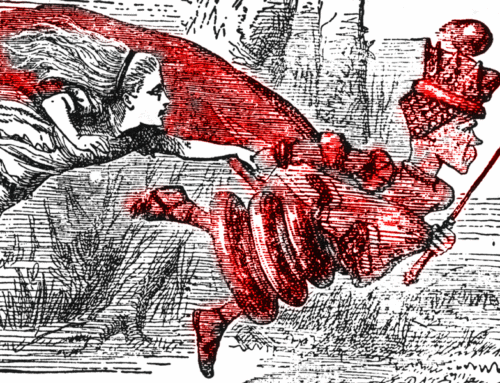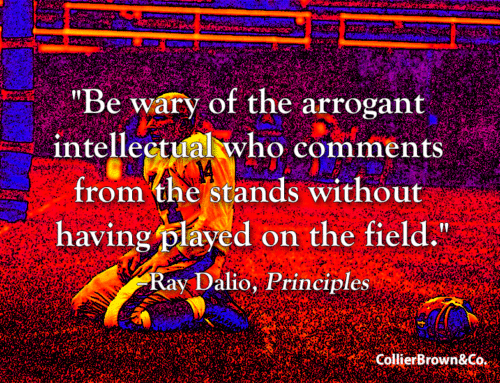This Is Your Life was an American reality documentary series broadcast on NBC radio, and then television, from 1948 to 1961. In the program, the host would surprise guests and then take them through a retrospective of their lives in front of an audience, including appearances by colleagues, friends, and family. The show had its good points (telling someone’s life story) and bad (doing it as a surprise in front of a live studio audience).
Human nature dictates that most of us want to leave a stamp on the future and make a contribution to future generations. Said another way, people want to leave a legacy because they want to feel that their life mattered.
After we’re no longer here, our legacy will unfold as a story, not unlike the retrospective of the This Is Your Life show.
Since its our story shouldn’t we contribute to the storyline?
The film, Dead Poets Society, stars Robin Williams as John Keating, an English teacher at a fictional elite conservative boarding school in 1959, who inspires his students through his teaching of poetry.
In one scene, where the discussion centers on the meaning of life, Keating quotes from Walt Whitman’s poem, Oh Me Oh Life, as follows:
“Oh life! of the questions of these recurring, Of the endless trains of the faithless, of cities fill’d with the foolish. What good amid these, O me, O life? Answer: That you are here—that life exists and identity, That the powerful play goes on, and you may contribute a verse.”
Whitman’s point is life is like a play, in which everyone who has ever lived gets to contribute a verse. Keating asks the students: “What will your verse be?” The verse that you contribute to the play of life is your contribution to your storyline, your legacy.
What makes a good story?
According to author and story consultant, Aaron Shepard, there are several basic story rules that make sense to follow.
Theme – The central idea in a piece of writing. In a story it involves something important that the story is trying to tell us; something that might help us. “Not every story has a theme, but it’s best if it does.”
What’s your life theme or purpose? You may not have it handy. Sometimes it’s because the world’s problems seem too big. Or we seem too small. Or maybe we are just exhausted from life and don’t know where we’ll find the energy to live – or fight – for what really matters to us.
To paraphrase Mr. Shepard, “Not every life has a theme, but it’s best if it does.”
Plot – The sequence of events inside a story which affect other events through the principle of cause and effect. The causal events of a plot can be thought of as a series of sentences linked by “and so”. It is most often about a conflict or struggle that the main character goes through.
“The main character should win or lose at least partly on their own, and not just be rescued by someone or something else. Most often, the character learns or grows as they try to solve their problem. What the character learns is the theme.”
We, most often, learn and grow as we try to solve the problems, meet the challenges, and work it all out in our lives. How we go about doing that, along with what we learn, generally constitute the underlying theme of our lives.
Story structure – The structural framework that underlies the order and manner in which a narrative is presented to a reader. The author has to decide whether the story will be written in “past tense” (as it happened) or “present tense” (as it is happening).
Your past tense story has some relevance to your present tense story in that is has some degree of influence on it. It, however, does not constitute your present tense story; you are writing it as you make it happen.
Characters – Know your characters well – before you start writing.
“A main character should have at least one flaw or weakness. Perfect characters are not very interesting. “
You and I are not perfect characters. You’re shocked, right? If we were, we wouldn’t be very interesting either. Flawed as we are, we still need to “know ourselves” well. What’s our value proposition to the world? To our business? To our family?
Setting – “Set your story in a place and time that will be interesting or familiar.” Isn’t that close to where you live your life?
Style and Tone – “Use language that feels right for your story.” You know, the same language you use every day with your friends, colleagues and family. “Wherever you can, use actions and speech to let readers know what’s happening. Show, don’t tell.” The world only rewards action.
Begin with the end in mind
I’ve heard it said that on their death bed, no one ever wishes they had spent more time at the office. According to the American Association of Retired Persons (AARP), the number one end of life regret is “I wish I’d had the courage to live a life true to myself, not the life others expected of me.”
From my days with the Covey Leadership Center, I remember well Stephen Covey’s obituary exercise: Imagine your funeral. There will be four speakers. The first represents your family, immediate and also extended — children, spouse, parents, brothers and sisters, nieces and nephews, uncles and aunts, grandparents. The second speaker is one of your close friends, someone who can give a sense of what you were like as a person. The third is from your workplace or profession. The fourth work closely with you in the community (church, neighborhood watch, PTA, other volunteer work, etc.) Now, visualize and think deeply. What would you like each of these speakers to say about you and your life? You might want to capture these in four short paragraphs, one for each of the four roles.
If imagining your funeral is a bit grim, try this variation: picture your 80th birthday party:
Everyone you’ve had an impact on, or have influenced in some way, is there. As they get up to toast you on your birthday, what would you like them to say about you?
This is your life, and your story. “…the powerful play goes on, and you may contribute a verse.”
In Other Words
“Try and leave this world a little better than you found it, and when your turn comes to die, you can die happy in feeling that at any rate, you have not wasted your time but have done your best.” – Robert Baden-Powell, author of Scouting for Boys which sold approximately 150 million copies as the fourth best-selling book of the 20th century and helped inspire the Boy Scouts of America.
“Our days are numbered. One of the primary goals in our lives should be to prepare for our last day. The legacy we leave is not just in our possessions, but in the quality of our lives. What preparations should we be making now? The greatest waste in all of our earth, which cannot be recycled or reclaimed, is our waste of the time that God has given us each day.” ― Billy Graham
“Everyone must leave something behind when he dies . . . Something your hand touched some way so your soul has somewhere to go when you die . . . It doesn’t matter what you do, so long as you change something from the way it was before you touched it into something that’s like you after you take your hands away.” ― Ray Bradbury, Fahrenheit 451
In Linked Words
Sadness in the Steve Jobs biography
In The Word
“And if you belong to Christ, then you are Abraham’s descendants, heirs according to promise.” – Galatians 3:29






